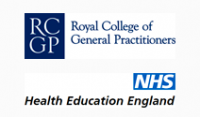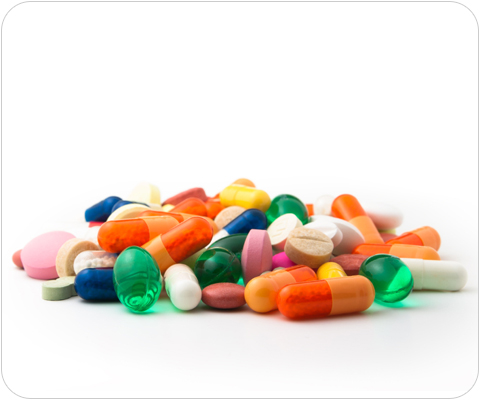Physical Health Care for People With Severe Mental Illness course



Patients with severe mental illness (SMI) have significantly worse health outcomes than in the general population, with life expectancy reduced by up to 20 years in this group. Cardiovascular and metabolic causes have been identified as being the key contributors to this excess mortality and morbidity. This session will explore the reasons for these outcomes in detail and will introduce the Lester Positive Cardiometabolic Health Resource as a framework for improving health outcomes.
Learning Objectives
By the end of this session you will be able to:
- Describe the risks associated with taking antipsychotic medication
- Identify who should be prescribed antipsychotic medication and where it is inappropriate
- Describe the association between severe mental illness and poor physical health outcomes, and the variety of contributory factors
- Demonstrate a familiarity with the Lester Positive Cardiometabolic Health Resource to manage patients with SMI taking antipsychotic medication
Dr Jay Bowden has been working as a GP in London since 2009. He has a strong interest in postgraduate medical education and is currently working as a Medical Education Fellow for Health Education England. He is developing innovative learning programmes in both mental health and child health to enhance the knowledge and experience of GP trainees, especially those who do not have a relevant speciality training post.


- Anaesthesia Fundamentals | Physiology | Hypothalam...
- Posted By eIntegrity Healthcare e-Learning
- Posted Date: 2024-11-27
- Location:Online
- This session provides an overview of the interaction between the hypothalamus and both parts of the pituitary gland. A description of the relevant hormones and their actions is also included.
- Anaesthesia Fundamentals | Physiology | The Physio...
- Posted By eIntegrity Healthcare e-Learning
- Posted Date: 2024-11-27
- Location:Online
- This session gives a broad overview of the hormone/endocrine system, including the key systems. It covers types of hormones, modes of action and a brief description of the assessment of hormonal function.
- Anaesthesia Fundamentals | Physiology | Hormonal, ...
- Posted By eIntegrity Healthcare e-Learning
- Posted Date: 2024-11-27
- Location:Online
- This session covers the hormonal, metabolic and inflammatory responses to surgery.
- Anaesthesia Fundamentals | Physiology | Allergy an...
- Posted By eIntegrity Healthcare e-Learning
- Posted Date: 2024-11-27
- Location:Online
- This session describes the four different types of hypersensitivity reactions (allergies) and the subsequent inflammatory response mechanism.
- Anaesthesia Fundamentals | Physiology | Immunity
- Posted By eIntegrity Healthcare e-Learning
- Posted Date: 2024-11-27
- Location:Online
- This session describes the function of the cells of the immune system, and explains the different types of immunity. The roles of the various key components of the immune system are explained and the differences between innate immunity and adaptive immuni






